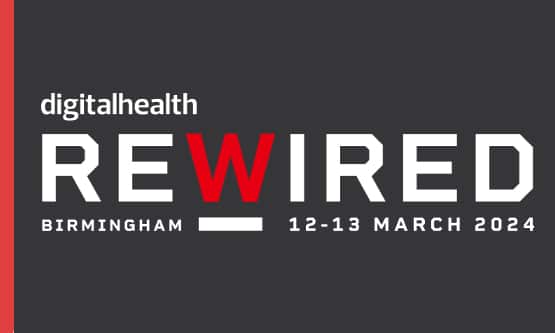The ‘magic glue’
- 28 July 2005
 Linda Davidson
Linda Davidson
Royal College of Nursing general secretary, Beverly Malone, has a simple-sounding method to test nurse awareness of IT modernisation. She would like to be able to talk to nurses at the bedside in hospital or in the community and hear them say: “We’re not there yet, but I know where we’re going.”
She admits: “That level of awareness is not there at this point in time.” Speaking at the launch of a UK-wide survey showing low levels of awareness and involvement in IT-led change, she emphasised, however, that the college was not throwing stones at this particular glass house.
While she is clearly concerned not only about the low levels of awareness about IT developments but also about the lack of nursing involvement in changes, Dr Malone is taking the diplomatic route.
She welcomed the appointment of Heather Tierney-Moore, the nursing clinical lead at Connecting for Health (CfH) and committed the college, which represents 380,000 members around the UK, to working with CfH and the chief nursing officer “to make sure we move forward.”
“We don’t believe we can work harder but we do think we can work smarter and we think IT could help us to work smarter,” she said.
Dr Malone pointed out that, as nurses form by far the largest group of health professionals in the NHS, there were very good reasons for them to be involved IT-led changes.
|
"If things are branded as IT it’s unlikely nurses will bother to pick them up" — Heather-Tierney Moore, nursing clinical lead at Connecting for Health
|
Reaching out
It is the very size of the nursing profession that makes communication so difficult. Heather Tierney-Moore, who also attended the launch of the survey, said: “The challenge is that we have so many nurses to reach. Nurses engaged so far have been those involved in informatics. The challenge is to engage those involved in practice.”
However, she pointed out that nurses have already demonstrated their ability to make improvements through service re-organisation and service re-design. Nurses were, she said, often the “magic glue” in the system that make things work.
The trick, then, seems to be to mainstream IT modernisation – a common theme at CfH these days – and get the profession involved in working out ways of using the new systems. The problem is that IT is a big turn-off for most nurses.
“We’ve also been trying to get more articles into the professional press but if things are branded as IT it’s unlikely nurses will bother to pick them up, let alone engage with them,” observes Tierney-Moore.
She is opening up several fronts in the push to shift IT’s centre of gravity from being a central programme to become something that’s implemented by the NHS.
Issues to solve
Education at pre-and post-registration level is being targeted and there are plans for a national conference on nursing issues. In addition, there is a new a Nursing Advisory Group that brings together the nursing, midwifery and health visiting organisations and awareness and study days.
Among the many issues to be tackled from the nursing perspective will be the language and terminology used in record keeping. Nurses currently use free text extensively. Will SNOMED CT, the clinical coding system that forms the basis of the NHS Care Records Service, meet their needs? No, seems to be agreed response.
Dr Malone says that this is not an issue for nurses alone. “Language has to be understood by other professional groups. I believe there is a way to package the language so that it’s available to other groups. It has to be something that is universally understood.”
With everyone in the health team under pressure to show the effectiveness of their work, RCN’s health informatics adviser, Sharon Levy, pointed out that electronic record systems also have to show the impact of nursing care on the well-being of patients. “It’s part of how we define what we do,” he explained.
Tierney-Moore agrees terminology is important and that nurses need to work with other professions. She also expressed some doubts about whether the profession was ready yet to accept the level of standardisation needed in electronic record keeping to get the full benefits from a national system.
Overall, she emphasises that there is room for nurses to get involved. “Now is the time when nurses need to be involved in shaping service redesign. It’s not too late and it’s not set in stone.”
Related stories
Nurses support IT reform – but lack information




